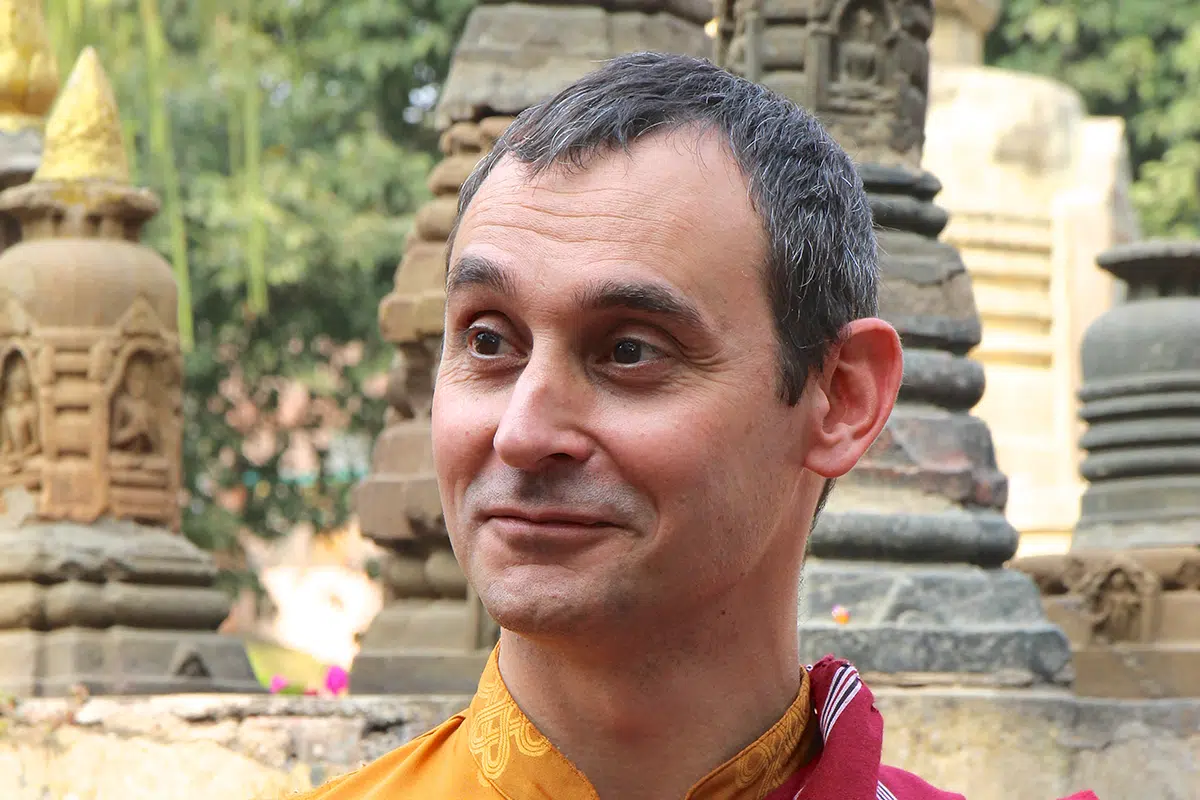Preserving Dzogchen

Preserving to Adapt. Adapting to Share. Sharing to Preserve.
Dzogchen, the direct experience
This is the heart and the strength of this tradition: its really impressive and very fine knowledge of the functioning of the human mind, of its relationship with the body, with what surrounds us and with the whole universe, and the possibility to master it perfectly.
All of these texts include explanations of the nature of reality, mind, and tangible; ways to master these three aspects, which are called “practices”; commentaries on the two previous points; and crucial instructions that are usually a compendium of the most crucial advice a teacher can give to his students.
The third important thing to preserve is the framework of transmission inherited from the Tibetan world – the closest to us -, the Indian world – further away -, and perhaps the Central Asian world, – but more difficult to determine. This framework constitutes all the oral knowledge transmitted in various forms because they had to adapt notably to the changing conditions of the different eras, but also to the various cultures encountered along the way of the propagation of the teachings of the Great Perfection. This last point is the most delicate in terms of preservation because keeping oral knowledge alive is always more difficult than the written words.

The preservation of traditional Dzogchen is a crucial issue for us today, if only because there is so much that is being lost at the moment, that it is good to be concerned about what can be saved from destruction, especially when we are talking about such a precious tradition. Moreover, one can only adapt and transmit what has been preserved.
This is the first step of the Dzogchen Today! project: preserve to adapt.

Written by Mila Khyentse
More From All Categories

The All-Excellent’s Mighty Path of Aspiration
“The All-Excellent’s Mighty Path of Aspiration ” is a new translation from the Dzogchen Today! Translation Committee. Enjoy!



